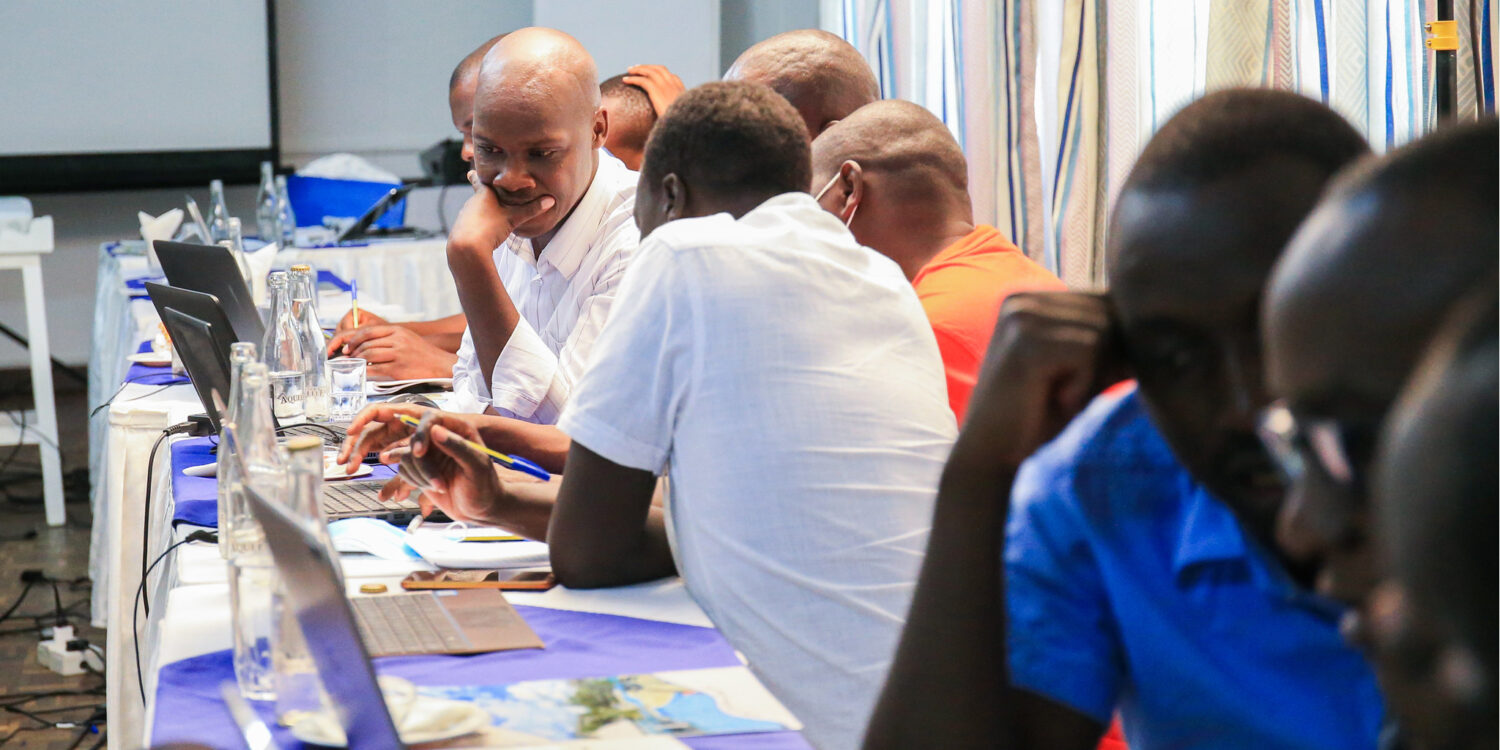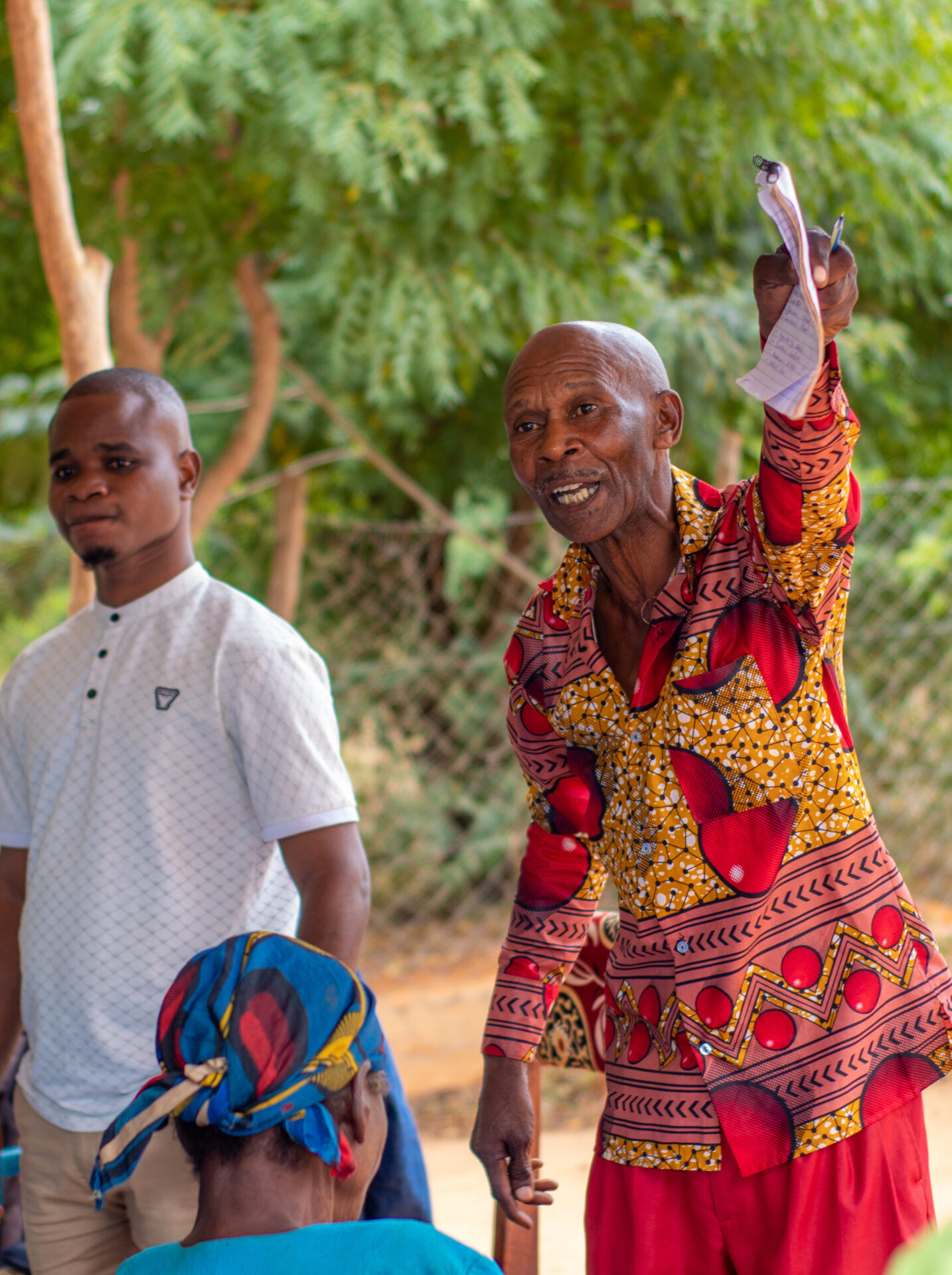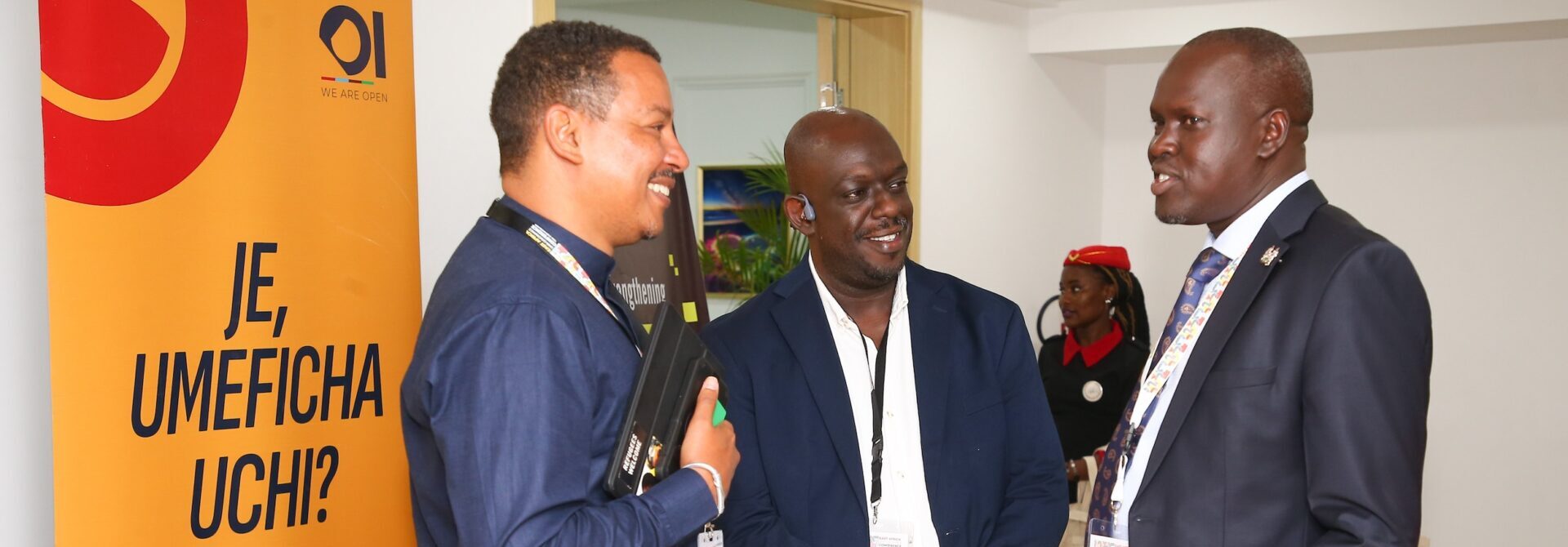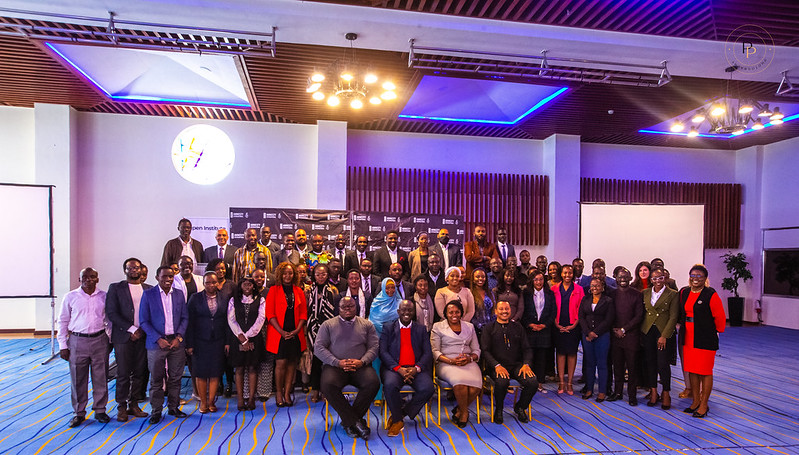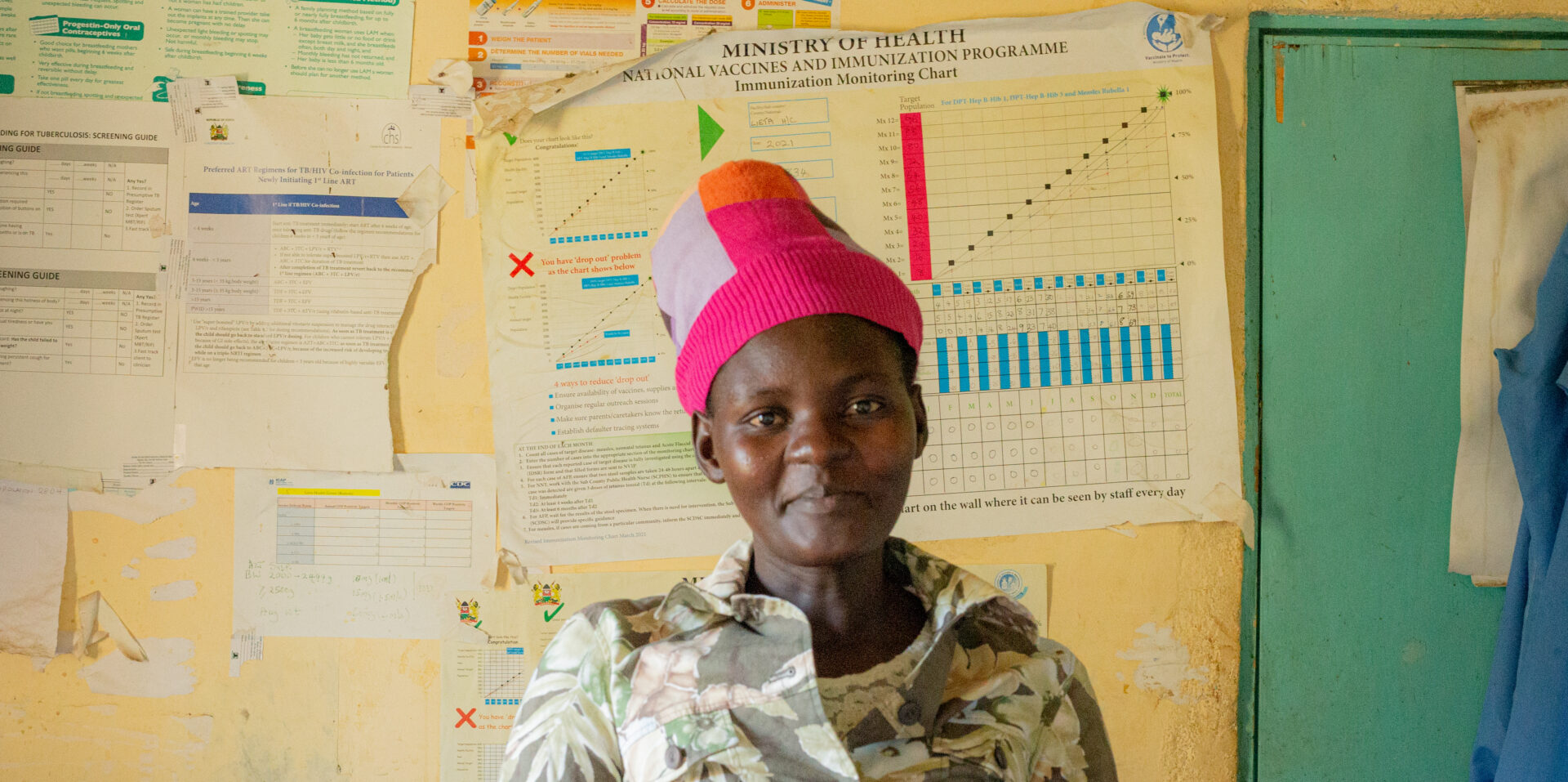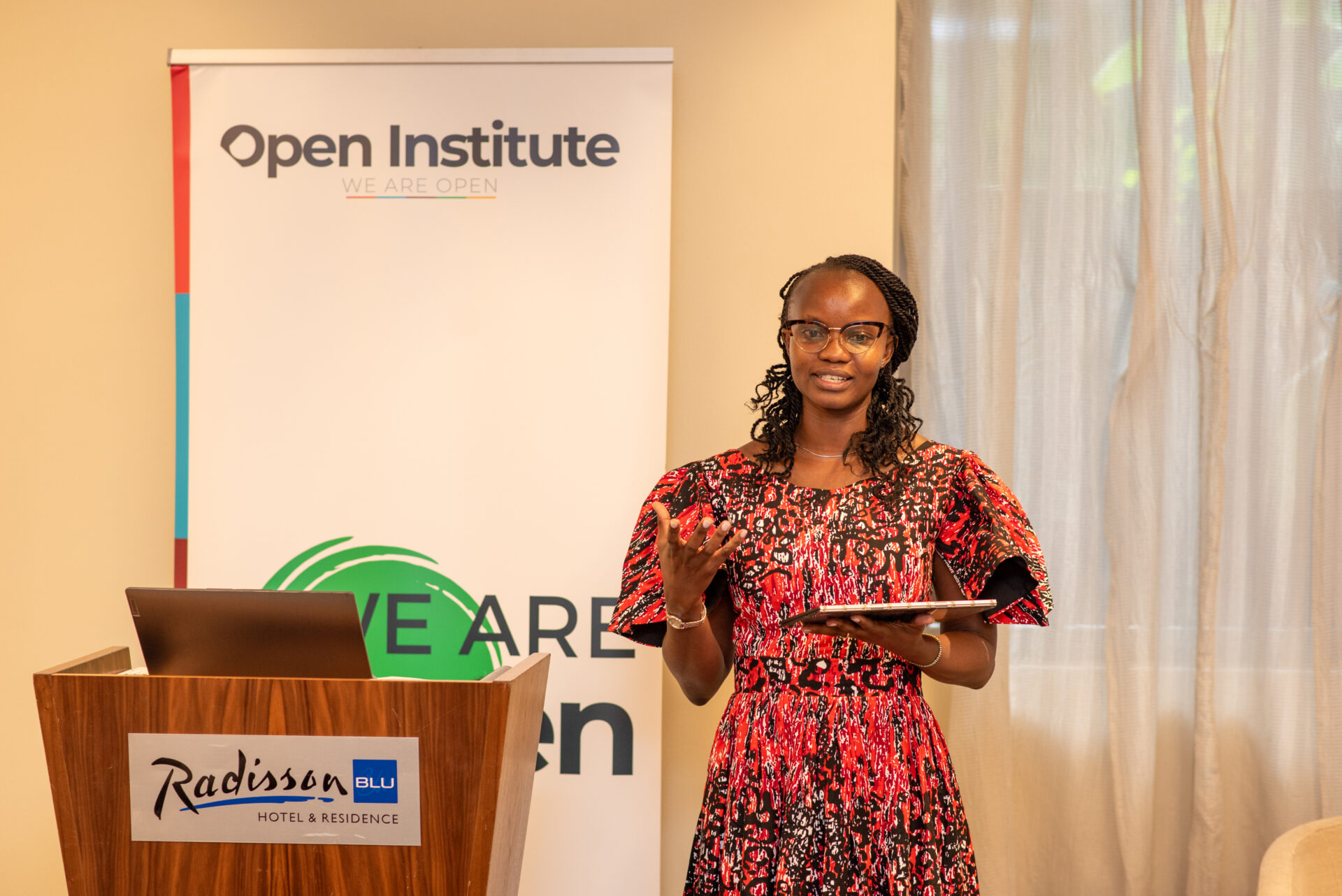When undertaking any project, it is important to note that it will usually involve multiple stakeholders; and each one potentially has the ability to speed up, slow down or completely obstruct the project’s progress. Most importantly, stakeholders play a role in ensuring steady progress, focusing on goals and improvement of the general quality of project results. Stakeholders must play a central role in ensuring priorities and objectives are adhered to.
The Citizen Driven Census in Elgeyo Marakwet County is no different. We have a number of very important stakeholders who must all be on-boarded before data collection commences in earnest. The illustration below shows key stakeholders consisting of varied groups – from county executive members to citizens and other interest groups such as county CSOs:
Consequently, a stakeholders’ engagement meeting was held on 5th November, 2020 at Keelu Resort Centre in Iten, Elgeyo Marakwet County to appraise broader stakeholders that there was an intention to have a citizen-oriented data collection exercise. The objective was to appraise stakeholders, share the objectives of the task and to address concerns and incorporate additional views to enrich the data collection exercise.
It was very clear from this exercise that stakeholders really wanted to engage with the data collection tools – to learn more about what indicators are being tracked with a view to enrich the entire exercise and avoid duplication. Also, there were concerns around leveraging the Community Health Volunteers (CHVs) viz a viz the area chiefs and sub-chiefs where the pros and cons for each option was discussed.
Perhaps the meeting ended up with more takeaways for the project team than for the stakeholders. Our stakeholders had a wealth of knowledge about current processes, historical information, and the real situation on the ground in terms of ensuring what counts should be counted. They helped shed light on one of the biggest risks – the failure of citizens to participate in the data collection process – if they were not put at the centre of the process from the start to finish. Citizens needed hand-holding and guidance on WHY this process was important and HOW it will significantly improve decision making in Elgeyo Marakwet – earlier than data collection commenced.
The other important consideration that underscored the meeting was the need for data processing to remain ethical, lawful and transparent. This means that the data tools would only collect data that are necessary and proportionate to achieve the specific task or purpose for which they were collected (see GDPR Article 5 (1)). To this end, we have also signed Non Disclosure Agreements with CHVs and all data handlers in the value chain so as to ensure that all data is handled with utmost confidentiality. Below is the declarative statement for the Elgeyo Marakwet County data collection exercise:
The County Government of Elgeyo Marakwet County desires to collect data at household levels in order to strengthen service delivery through timely and accurate data. Any data collected through this questionnaire will be treated with utmost confidentiality and high ethical standards as follows:
Objectivity: this process will strive to avoid bias in all data collection, design, data analysis, data interpretation, peer review and any other aspects of the collection exercise. Integrity: all the data collection will be done consistently and in utmost respect and good faith
Carefulness: We shall strive to avoid careless errors and negligence; and keep good records of all activities. All records will be stored securely.
Confidentiality: we shall protect all individually identifiable information and none of these will be shared with any third parties or used for any other purpose apart from that stipulated in this questionnaire.
Social Responsibility: we shall adhere to principles of do-no-harm through the data collection and analysis process. We also strive to promote social good and to educate citizens about the importance of data.
Non-Discrimination: the process of data collection, analysis and use will avoid any discrimination on citizens on the basis of sex, race, ethnicity or other factors.
Legality: this activity will be conducted in compliance with laws and institutional and governmental policies of the republic of Kenya.
We therefore encourage you to honestly report data; please do not fabricate, falsify, or misrepresent facts when reporting in this tool.
– County Government of Elgeyo Marakwet
In summary, if you typed into your Google search bar the Swahili word ‘vitu’, the search engine is likely to suggest the phrase ‘vitu kwa ground ni different’. This is a popular Kenyan phrase coined in 2019 that speaks volumes on when realities are a far cry from expectation. Like a compass, engagement with stakeholders to us is not an event, it is a continuous process that ensures we will begin (data collection) and end (data dissemination) with the citizens – ensuring their day-to-day realities are accurately captured.

